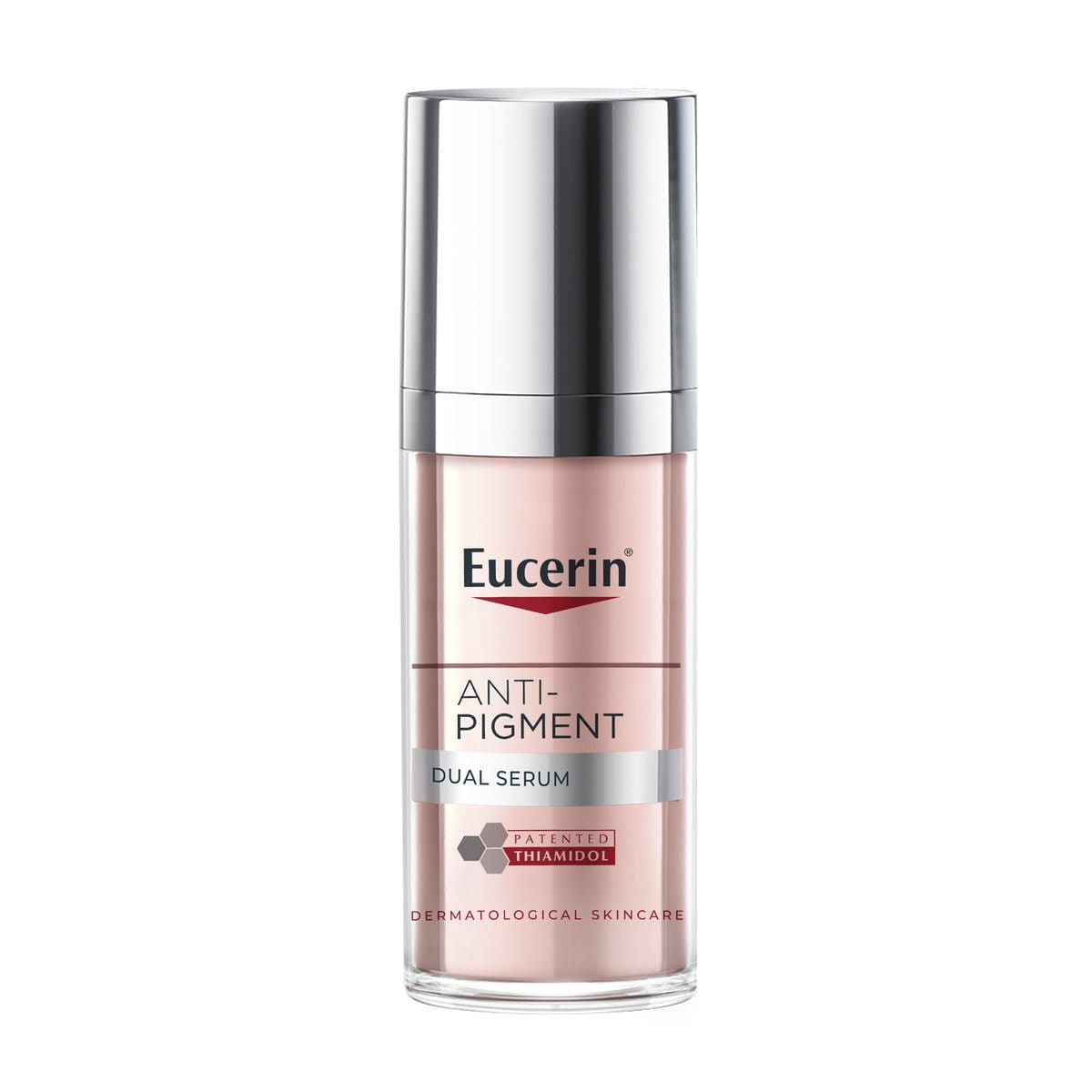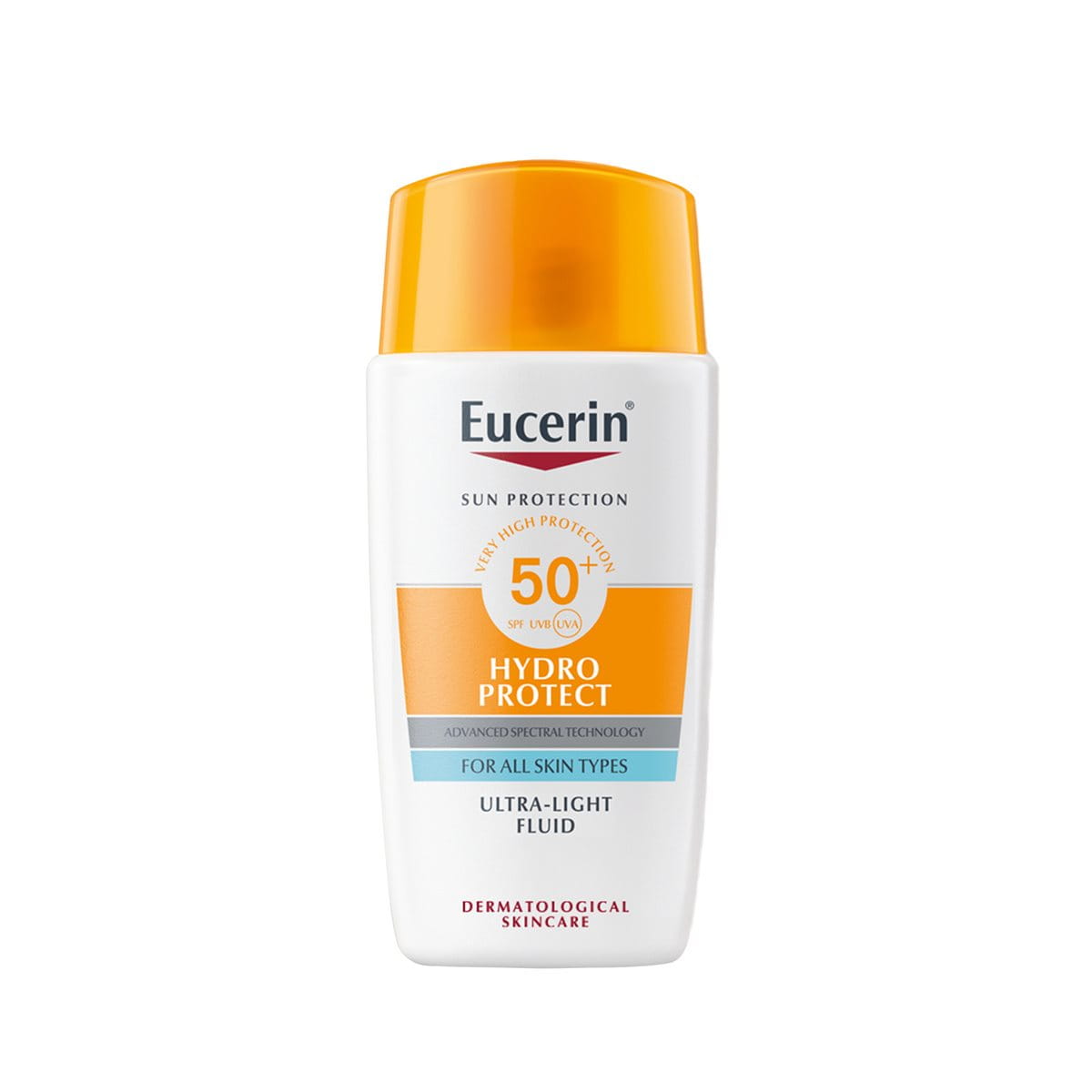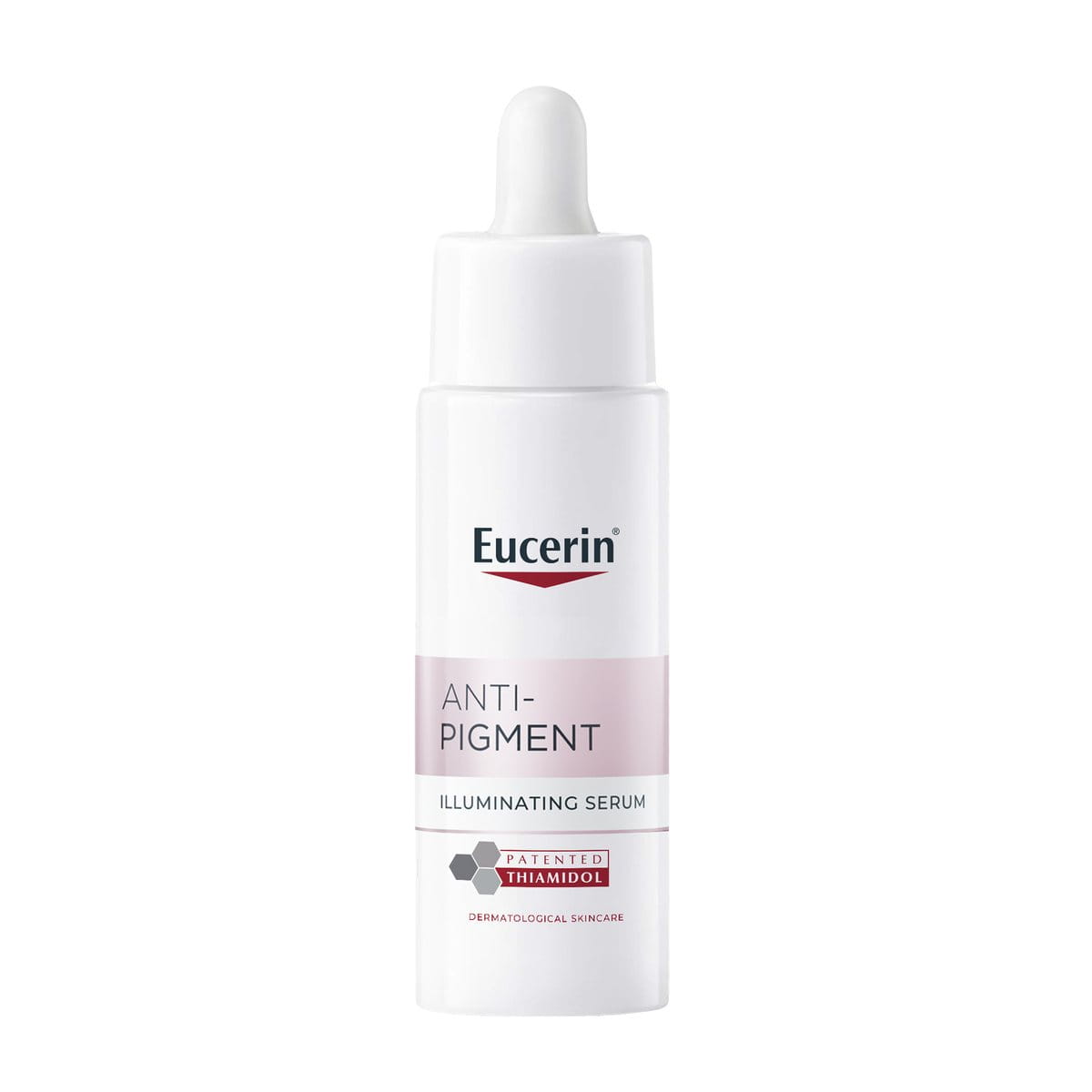The moment you step into a cosmetics store, there are a few ingredients that will surely pop out at you. One of these is the infamous hyaluronic acid. It has grown to become a cornerstone of modern-day skin care, celebrated for its potential to hydrate and rejuvenate one’s skin. As the horizons of skincare expand, more consumers are looking to incorporate hyaluronic acid into their routine.
Amidst all the popularity, it is also integral to know that while it is generally safe in nature, there could be a few possible side effects of hyaluronic acid that one needs to understand before starting its use. Follow along as we expand on this skincare superstar to help you ensure an experience that is safe and equally fruitful.
Keynotes:
- Hyaluronic acid (HA) is a naturally occurring sugar molecule in the body. It is commonly used as a humectant in skincare to attract and retain moisture in the skin.
- While safe, mild reactions to hyaluronic acid can be seen in individuals with sensitive skin due to overuse, harsh pairing actives, history of allergies and more.
- Individuals with a history of cancer, allergies, senstive skin and pregnant or breastfeeding women should exercise caution and consult a healthcare professional before using hyaluronic acid.
- Its use should be discontinued if adverse reactions or instances of pain, irritation and swelling occur.





